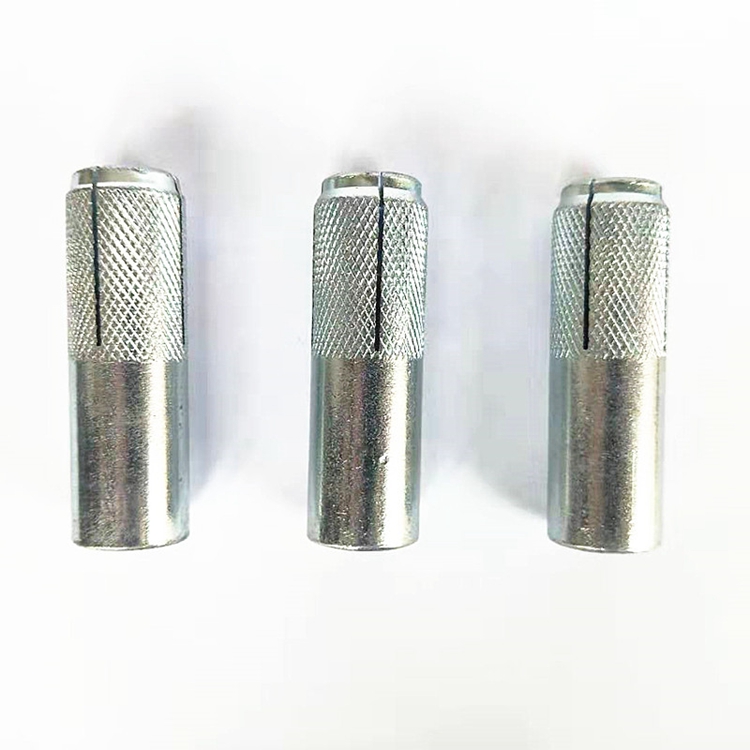high quality connecting bolts
Nov . 21, 2024 09:15 Back to list
high quality connecting bolts
The Importance of High-Quality Connecting Bolts in Engineering
In the realm of engineering and construction, the significance of high-quality connecting bolts cannot be overstated. These seemingly simple components play a pivotal role in ensuring the structural integrity, safety, and longevity of various applications. From bridges and buildings to machinery and automotive parts, connecting bolts serve as the bridges that hold it all together. This article delves into the characteristics, importance, and best practices surrounding high-quality connecting bolts.
Understanding Connecting Bolts
Connecting bolts are fasteners used to join multiple components securely. They come in a variety of types, sizes, and materials, including steel, stainless steel, and alloyed materials. In engineering, connecting bolts are classified based on their design, such as hex bolts, carriage bolts, and lag bolts, each serving specific applications. The choice of bolt type often depends on factors like load, environment, and assembly conditions.
The Importance of Quality
Quality in connecting bolts is paramount. High-quality bolts are designed to withstand mechanical stresses, resist corrosion, and maintain their integrity over time. When bolts fail, the consequences can be devastating. Load-bearing structures can collapse, machinery can malfunction, and lives can be endangered. Consequently, the quality of connecting bolts is not just a matter of performance; it is fundamentally about safety.
1. Material Selection High-quality bolts are typically made from superior materials that ensure strength and durability. For instance, bolts crafted from alloy steel are often treated to enhance their hardening. Similarly, stainless steel bolts are chosen for environments prone to corrosion, ensuring long-term reliability.
2. Manufacturing Standards The manufacturing process of connecting bolts should adhere to international standards such as ASTM (American Society for Testing and Materials) or ISO (International Organization for Standardization). Such standards ensure that bolts meet specific criteria regarding strength and safety.
3. Testing and Certification High-quality bolts undergo rigorous testing to certify their performance under various conditions. This includes tensile strength tests, fatigue tests, and corrosion resistance tests. Products that pass these evaluations provide considerable assurance about their reliability.
Applications Across Industries
High-quality connecting bolts find applications across numerous sectors
high quality connecting bolts

- Construction and Civil Engineering In the construction of buildings and infrastructure like bridges and highways, high-strength bolts are used to ensure that the structural framework can support heavy loads and resist environmental stresses.
- Automotive In the automotive industry, connecting bolts are essential for assembling various components
. High-quality bolts contribute to vehicle safety, reliability, and performance, which are critical for both manufacturers and consumers.- Manufacturing In machinery and other manufacturing equipment, quality bolts ensure that assemblies remain intact under operational forces. Downtime caused by bolt failures can lead to significant losses.
Best Practices for Selection and Usage
Selecting and using high-quality connecting bolts involves several best practices
1. Assess Load Requirements Always determine the appropriate bolt size and type based on the intended load and environmental conditions. This ensures that the bolts are neither over nor under-specified.
2. Check for Certifications Prioritize bolts that have been tested and certified. Always ask for quality assurance documentation from suppliers to validate compliance with relevant standards.
3. Proper Installation Techniques such as proper torque specifications and using the correct tools during installation can significantly enhance bolt performance. Over-tightening or under-tightening bolts can lead to premature failure.
4. Regular Inspections Periodic inspections are essential in maintaining the integrity of structural components. Look for signs of wear, corrosion, or loosening and replace any compromised bolts immediately.
Conclusion
In summary, high-quality connecting bolts are crucial components in a myriad of applications across different industries. Their importance cannot be overstated as they ensure safety, performance, and durability. By understanding the value of quality, choosing the right materials, adhering to manufacturing standards, and implementing best practices, engineers and manufacturers can mitigate risks and enhance the longevity of their structures and products. Building a solid foundation starts with high-quality connecting bolts, ensuring that the structures we designed are not only functional but also safe.
Latest news
-
High-Quality Panel Stud Bolt Reliable Panel Stud Bolt Factory & Suppliers
NewsJul.08,2025
-
High-Precision Fine Thread Locknuts Manufacturer & Supplier Custom Solutions
NewsJul.08,2025
-
PH Imperial Stud Bolt – High Strength Fasteners from Leading Supplier & Factory
NewsJul.07,2025
-
High-Quality Allen Wrench Bolts Leading Factory, Company & Suppliers
NewsJul.07,2025
-
Wholesale Ball Stud Bolt - High Quality Supplier & Factory Price Reliable Wholesale Ball Stud Bolt Company
NewsJul.06,2025
-
High-Strength Alloy Bolts Manufacturer & Supplier Quality Alloy Fasteners Factory
NewsJul.06,2025
